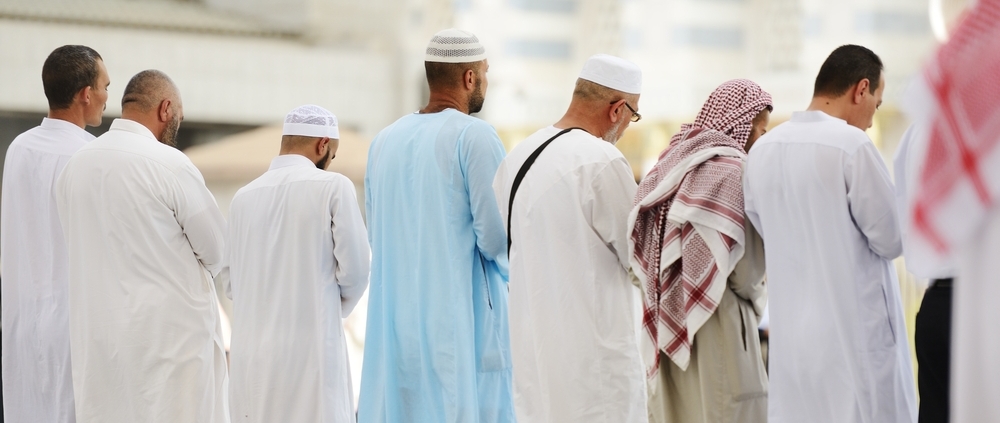What to Do If My Wudu Breaks During the Prayer of Salat Al-Tasbih in a Congregation?
Hanafi Fiqh
Answered by Shaykh Yusuf Weltch
Question
What is Salat al-Tasbih? What if my wudu breaks in the middle of this salah in the congregation?
Answer
In the Name of Allah, the Most Merciful and Compassionate
See the following link for details on the Prayer of Glorification (Salat al-Tasbih) and how its performed.
The Prayer of Glorification (salat al-tasbih)
Losing One’s Wudu During A Congregational Prayer
If one loses their wudu by accident, such as inadvertently passing wind or a nosebleed, during the prayer of glorification, they can quickly go and remake their wudu, return to the prayer, and rejoin the prayer if the prayer is continuing or continue individually from where they left off. [Shurunbulali, Maraqi al-Falah]
In either case, when making a new wudu, one must not do anything which, if done during the prayer, would invalidate the prayer, such as talking or eating. The exception is walking, turning from the direction of prayer if necessary, and performing wudu. [Shurunbulali, Maraqi al-Falah]
However, any actions which are beyond necessity will disqualify one from being allowed to continue the prayer. For example, if one walks to the wudu area, and instead of using the closest pipe, they pass it up for a farther pipe, it disqualifes them from continuing the prayer. That is because passing up the closest pipe for a farther one is an action that is beyond necessity. [Shurunbulali, Maraqi al-Falah]
With that being said, many scholars have deemed it best to start the prayer over individually, out of caution, as the details and conditions of this issue are
complex. [Shurunbulali, Maraqi al-Falah]
Hope this helps
Allah knows best
[Shaykh] Yusuf Weltch
Checked and Approved by Shaykh Faraz Rabbani
Shaykh Yusuf Weltch is a teacher of Arabic, Islamic law, and spirituality. After accepting Islam in 2008, he then completed four years at the Darul Uloom seminary in New York where he studied Arabic and the traditional sciences. He then traveled to Tarim, Yemen, where he stayed for three years studying in Dar Al-Mustafa under some of the greatest scholars of our time, including Habib Umar Bin Hafiz, Habib Kadhim al-Saqqaf, and Shaykh Umar al-Khatib. In Tarim, Shaykh Yusuf completed the memorization of the Qur’an and studied beliefs, legal methodology, hadith methodology, Qur’anic exegesis, Islamic history, and a number of texts on spirituality. He joined the SeekersGuidance faculty in the summer of 2019.
